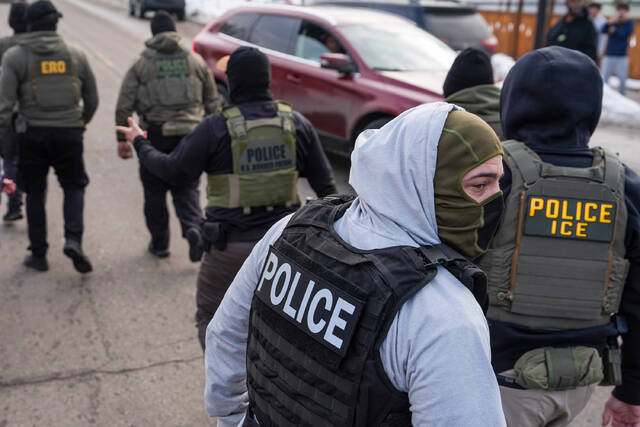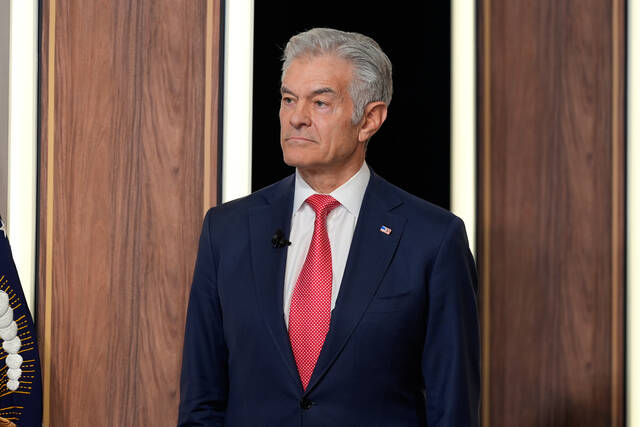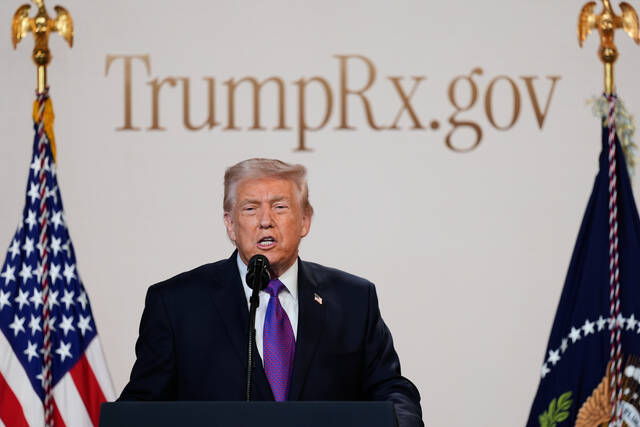Pfizer on Tuesday asked the Food and Drug Administration to give the go-ahead on covid-19 booster shots for anyone 18 or older.
According to the Associated Press, the company is submitting early results of a 10,000-person booster study to back up its request. The study suggested a booster shot could restore protection against symptomatic infection to nearly 96%.
The move comes as the United States heads into the holiday season, a time that saw a surge in covid cases last year.
Current booster-shot guidelines suggest booster shots only for certain eligible groups: those 65 and older or people who are at an increased risk for severe illness because of either medical conditions or their work or living arrangements.
Similar guidelines apply for boosters of Moderna. Boosters of the one-dose Johnson & Johnson vaccine are recommended for anyone 18 or older who is at least two months out from an initial shot.
As many did when the shots first became available early this year, vaccine providers have relied largely on the honor system when it comes to who they are vaccinating.
Dr. Amesh Adalja, an infectious diseases expert and critical care and emergency medicine physician, answered questions Tuesday about what the future of booster vaccines and the pandemic as a whole might look like:
Question: Should booster shots be made available to everyone right now? Is this something the average person actually needs?
Answer: The data suggests that, outside of J&J vaccine recipients, that boosters are really most beneficial for those at high risk for severe disease from covid: the elderly and those with underlying conditions. I don’t think the data show that boosters in the healthy population achieve much except for pushing an inevitable mild breakthrough infection into the future. I don’t think chasing mild breakthroughs in healthy vaccinated people with these first-generation vaccines should be a major priority.
Q. Is there any potential that too much vaccine leads to more dangerous variants?
A. No, there is no evidence that highly vaccinated populations have anything to do with the emergence of variants. On the contrary, highly vaccinated populations deny the virus the opportunity to infect and therefore the opportunity to generate new variants. If the virus isn’t replicating, its not generating new variants.
Q. How will boosters work for immunocompromised people who received a third dose as part of the normal vaccination regiment?
A. Those individuals are recommended to get a booster six months post their additional dose.
Q. Will we need boosters every few months?
A. I don’t think, currently, everyone needs a booster, let alone one every few months. We have to step back and ask what are we trying to achieve with boosters against an endemic respiratory virus when the vaccines are holding up against serious disease. Frequency of boosters may be different in high-risk populations, but it’s not clear how much healthy people benefit and what value there is in pushing a breakthrough infection into the future. Perhaps, things will change with improved second-generation vaccines.
Q. Will the covid vaccine become like the flu shot —something we get each year that offers some protection but might not work against variants?
A. It’s unclear what the future will bring in terms of covid vaccine recommendations. There are second-generation vaccines in development that may be improvements that wouldn’t need boosting and be more universal. The current vaccines, however, work well against the variants when it comes to what matters: prevention of serious illness, hospitalization and death. SARS-CoV2 has not drifted away from vaccines the way influenza does — they are distinct viruses from different viral families.








